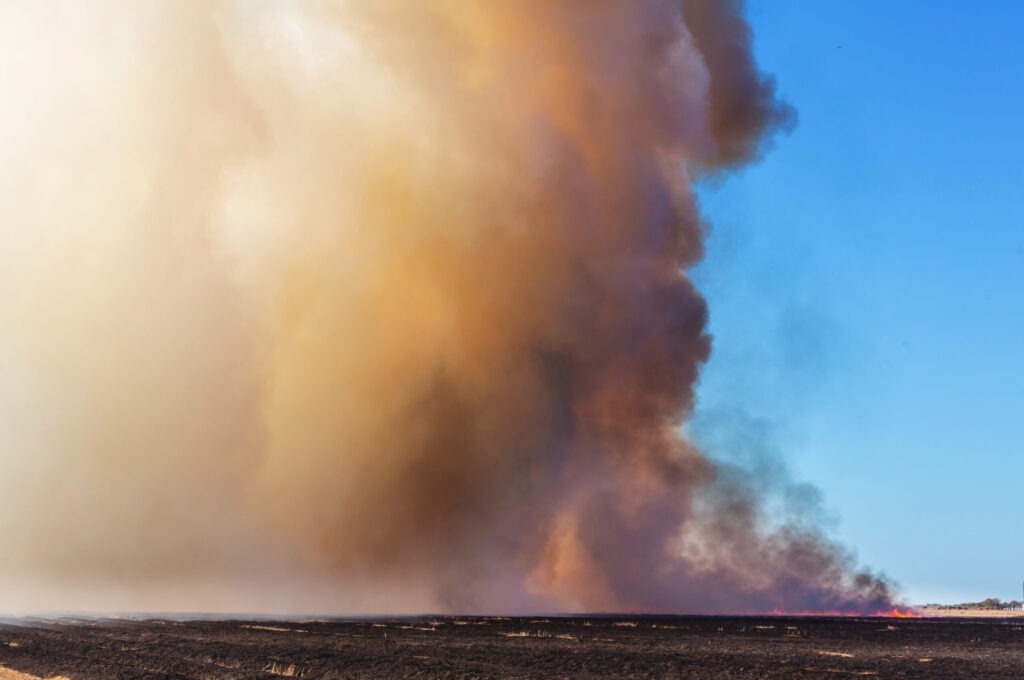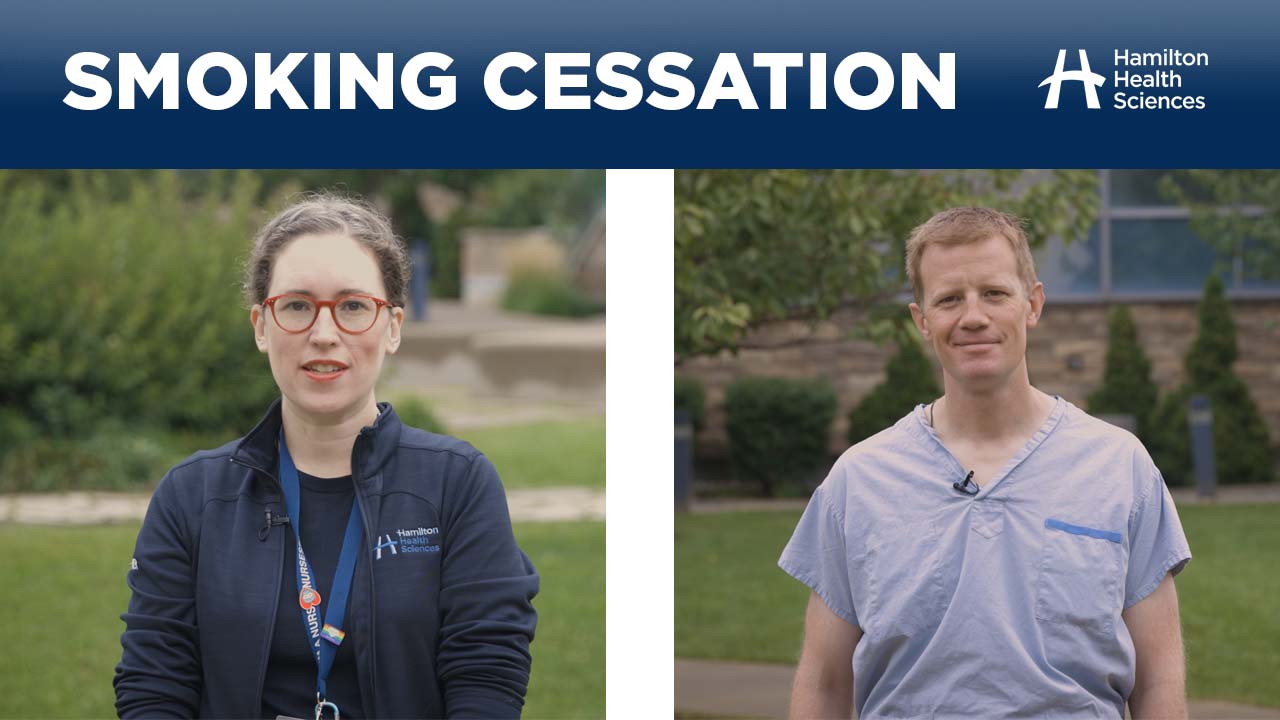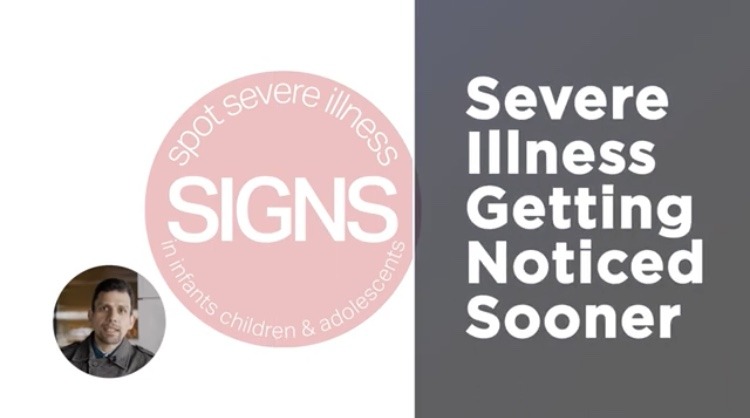
Wildfire smoke is a health risk for everyone
Along with much of Ontario, Hamilton is currently experiencing heavy smoke in the air, blown to the city from wildfires burning in Quebec and northern Ontario.
We often hear about the health risks associated with weather: car crashes in snow storms, heat stroke in the summer, frostbite in extreme cold. But did you know that poor air quality can have a serious effect on your health?

Dr. Mylinh Duong
“Poor air quality has been associated with eye, nose and throat irritation, breathing difficulties, heart disease, stroke and even death,” says Dr. MyLinh Duong, respirologist at HHS. “If you’re at increased risk, talk to your doctor about how to manage your risk and your symptoms.”
Minimize your exposure:
- Check the Air Quality Index to see the current status in your area.
- Stay indoors with windows closed.
- Run HEPA filters on high indoors.
- If you have to go outdoors, wear a close-fitting mask such as an N95 respirator.
- If you have heart issues or breathing problems, bring your medication with you when you leave the house.
- Maintain good indoor air quality. Eliminate or minimize tobacco smoke, smoke from fireplaces and wood stoves, mold, carbon monoxide, asbestos and other chemicals.
- Pay attention to your symptoms such as eye, nose and throat irritation, and breathing trouble. When having any difficulty breathing or shortness of breath, consult a medical expert.
Environment and Climate Change Canada says wildfire smoke can be harmful to everyone’s health even at low concentrations. People with lung disease (such as asthma) or heart disease, older adults, children, pregnant people, and people who work outdoors are at higher risk of experiencing health effects caused by wildfire smoke.
Read more in the Hamilton Spectator.



